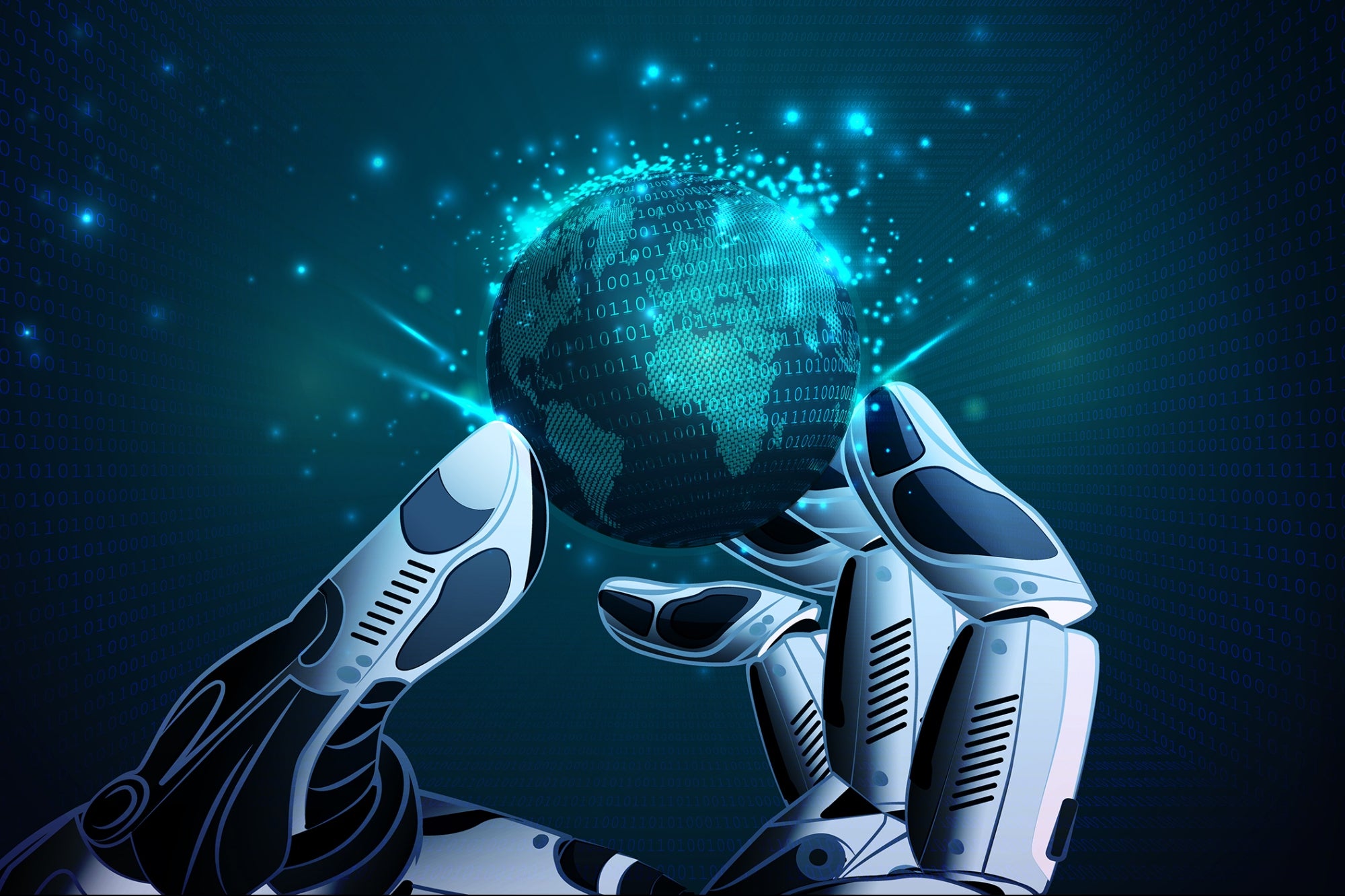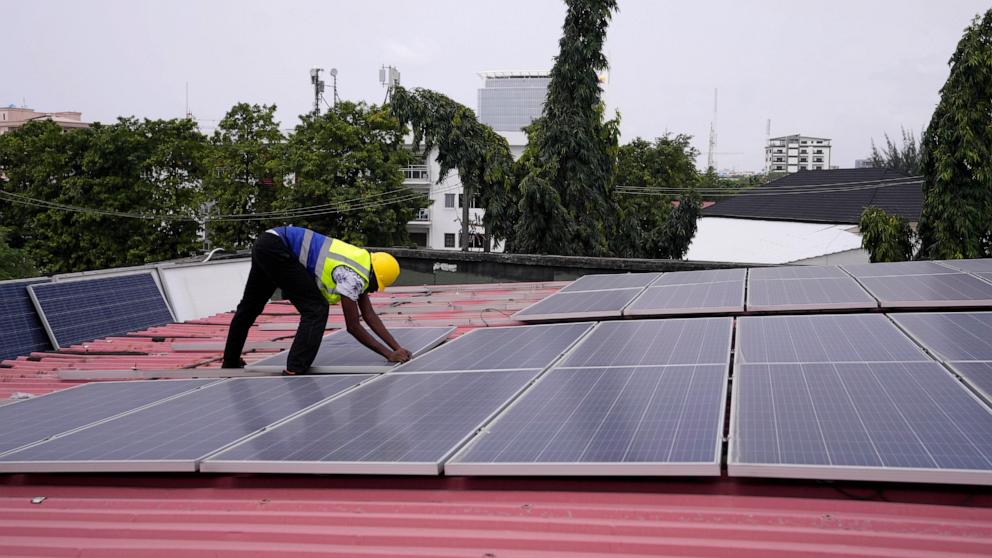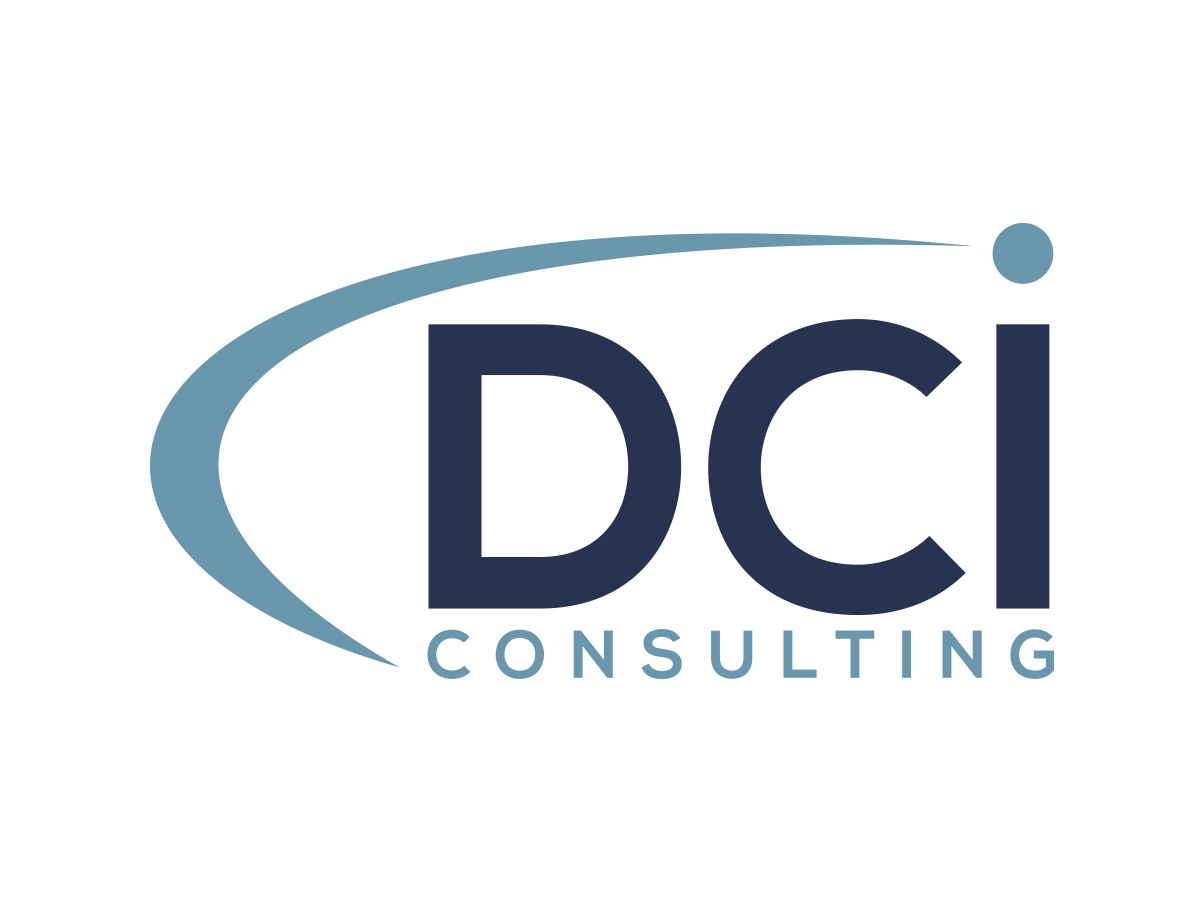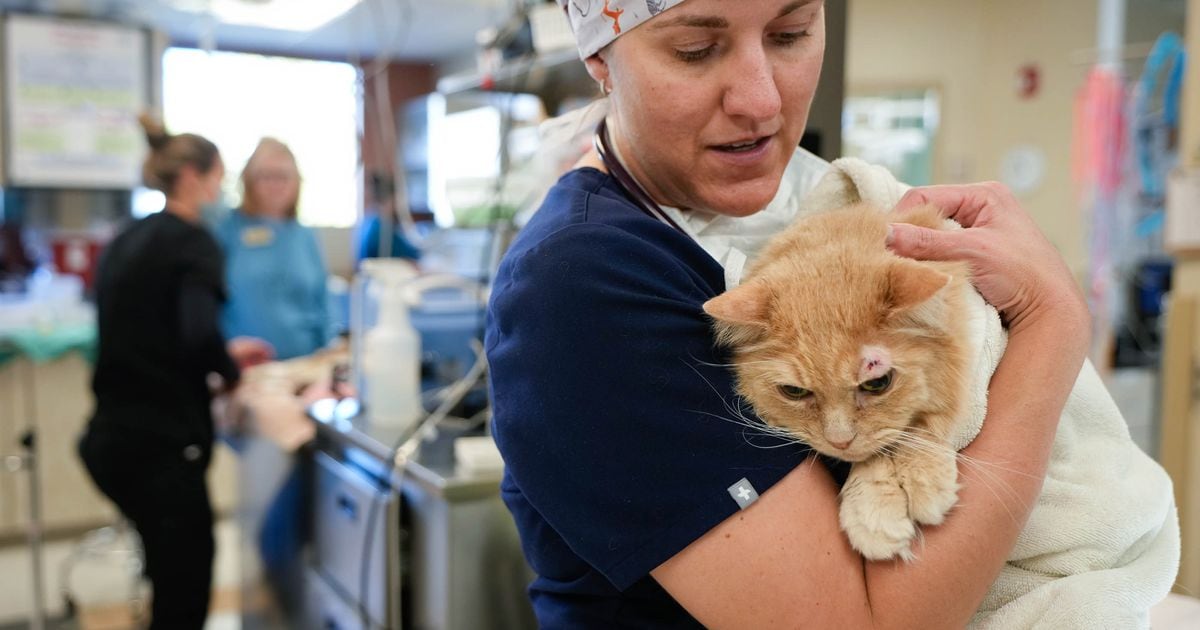The opinions expressed by the collaborators of Emprendedores are their own.
There is no doubt that we are coming to the end of an iconic era that saw the enormous exponential growth of entrepreneurship.
Since the dotcom boom of the millennium, the success of TV shows like Shark Tank, The Apprenticee Cave of the Dragons (in which I appeared), fed an army of hungry, aspiring people who plunged into the risky, opportunistic, exciting, stressful, yet independent world of entrepreneurship.
With over 500 million entrepreneurs and 150 million startups worldwide, we are at a time that has witnessed the unprecedented rise and evolution of independent business and entrepreneurship.
There was a period I remember growing up, when most people couldn’t spell the word entrepreneur. When I was a teenager, I described myself as such. Although it sounded exotic and cool, most people at the time didn’t understand what it was doing or how valuable it was.
But today, my aunt, my cousin, my grandmother and my niece are all proud entrepreneurs. No matter a person’s age or demographics, the barrier to entry has come down considerably with the rise of technology and entrepreneurship has experienced a huge boom, becoming the buzzword of the century.
But is that all about to change with the rise of AI?
The human cost of too much comfort
In my day, being an entrepreneur meant that a person had to work very hard, often harder than anyone else around them. The early riser gets the worm. Go to bed late, get up early. Never take your eye off the ball. Those were the most popular phrases of my time. Passion, determination and endurance were the only things that could guarantee success in any climate.
These days, being an entrepreneur seems to be as easy as twiddling your thumbs and clicking (or swiping) a few buttons on an app on a smartphone. Hard work? Improbable! Just click on the right settings or directions and “Go!” let the machine do the hard work!
Humans were born with the anatomy and physique to be hunters, gatherers, woodcutters, climbers and runners. We were blessed to be physically active and agile. Unfortunately, the human race has just spent an entire century changing those mannerisms to become delivery service-satisfied hermits.
That, in itself, is going to have seismic changes for humanity for decades and centuries.
Yes, AI can write a dissertation for you and order concert tickets. Undoubtedly, machines will make life more comfortable, reduce wasted time and increase efficiency, but what will they do to our bodies, our minds and our psyche? Our determination and cognitive ability must be challenged daily with complex physical and mental tasks to fight aging and dementia.
Even with the most basic tasks in our lives, like driving from one place to another, we let machines handle it. As we all know when the GPS signal is lost, without knowing the routes in our brain, we are lost. This does not work well both in emergencies and for the cognitive and evolution of our mind and psyche.
Can we be free independent thinkers when technology leads much of the decision making?
What does it mean to be an entrepreneur today?
Is a person truly an entrepreneur, when all he did was click a button and the rest was automated? If they themselves built the hardware, software and automation? So, in my eyes, he is clearly an entrepreneur. But if someone else created the machine and used it, am I really an entrepreneur?
Having produced and directed many television programs that positively explore and expose advanced technology and innovation, I am clearly optimistic about our technologically supercharged future. But let’s be honest with ourselves, machines, automation, robots and computers, while providing us with certain skills, take away many natural human functions that are central to a human being’s cognitive abilities and needs.
According to a new study, excessive use of technology seriously damages the brain systems that connect emotional processing, attention and decision-making. The findings link technological overload to anxiety, severe depression and suicide.
People worry about robots taking our jobs or taking over entirely, but I worry about humans in general being disadvantaged, lazier, dumber, and less healthy as a result of having advanced technology.
As Garry Kasparov, the first chess champion to lose to a machine, once said, “We need better humans, not less technology.”
Where is the real entrepreneurship when everything is automated and depends on the founders of those technologies?
Humans are highly adaptive and innovative, and we will adapt to the strong integration of technology and machines in our world, but it is essential that we stay one step ahead of the machines, maintaining knowledge and always stepping up to do the hard work.
The key to a sustainable and successful future is to ensure that we synergize and synchronize with machines, and nurture our natural abilities, enhance our strengths, exercise our bodies and minds and not become complacent with external technological capabilities and resources.
Thomas Edison’s formula “Genius is 10 percent inspiration and 90 percent perspiration” is still true today. While machines may end up doing 90 percent of the manual work, that doesn’t mean we can rest on just 10 percent inspiration.
#entrepreneurial #era #businessman






